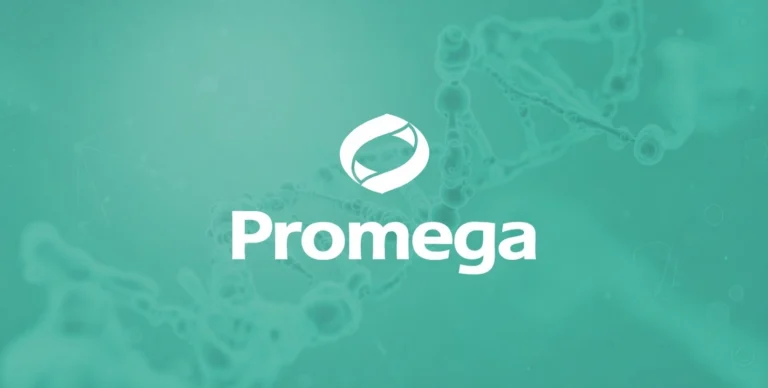
Bristol Myers Squibb (NYSE: BMY) has announced that the Committee for Medicinal Products for Human Use (CHMP) of the European Medicines Agency (EMA) has recommended approval of Reblozyl® (luspatercept) for the treatment of adult patients with transfusion-dependent anemia due to very low, low, and intermediate-risk myelodysplastic syndromes (MDS). This recommendation will now undergo review by the European Commission (EC), which holds the authority to approve medicines for the European Union (EU). If approved, this would mark the fourth authorized indication for Reblozyl in the EU.
The positive opinion from CHMP was based on data from the pivotal Phase 3 COMMANDS trial. Primary analysis results showed that 60.4% of patients treated with Reblozyl achieved red blood cell (RBC) transfusion independence for at least 12 weeks with a mean hemoglobin increase of at least 1.5 g/dL within the first 24 weeks, compared to 34.8% of patients treated with epoetin alfa (p<0.0001). Safety results were consistent with previous MDS studies and aligned with expected symptoms in this patient population.
Anne Kerber, M.D., Senior Vice President and Head of Late Clinical Development, Hematology, Oncology, Cell Therapy (HOCT) at Bristol Myers Squibb, commented, “The positive recommendation by CHMP for Reblozyl can provide an important first-line treatment option for patients with lower-risk MDS in Europe. Current treatments, including erythropoiesis stimulating agents, provide limited benefit against anemia. Results from the head-to-head COMMANDS study show that Reblozyl delivered transfusion independence in nearly twice the number of patients compared with epoetin alfa, and with a longer duration of response.”
The COMMANDS trial (NCT03682536) is a Phase 3 study evaluating the efficacy and safety of Reblozyl versus epoetin alfa for treating anemia due to very low-, low-, or intermediate-risk myelodysplastic syndrome (MDS) in patients who are RBC transfusion dependent and were erythropoiesis stimulating agent (ESA)-naïve. Key secondary endpoints include erythroid response (HI-E) of at least 8 weeks during weeks 1-24 of the study, RBC transfusion independence (RBC-TI) for ≥12 weeks, and RBC-TI for 24 weeks.
Results from the primary analysis of the intent-to-treat (ITT) population showed significant efficacy outcomes favoring Reblozyl over epoetin alfa. Moreover, the safety profile of Reblozyl was consistent with previous MDS studies, with similar rates of adverse events between treatment arms.
The most common treatment-emergent adverse events included diarrhea, fatigue, COVID-19, hypertension, dyspnea, nausea, peripheral edema, asthenia, dizziness, anemia, back pain, and headache, with fatigue and asthenia rates decreasing over time.





